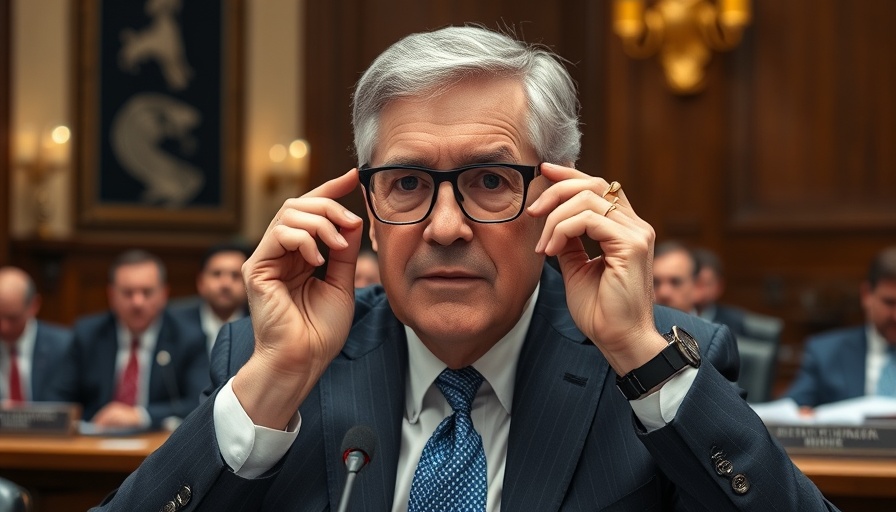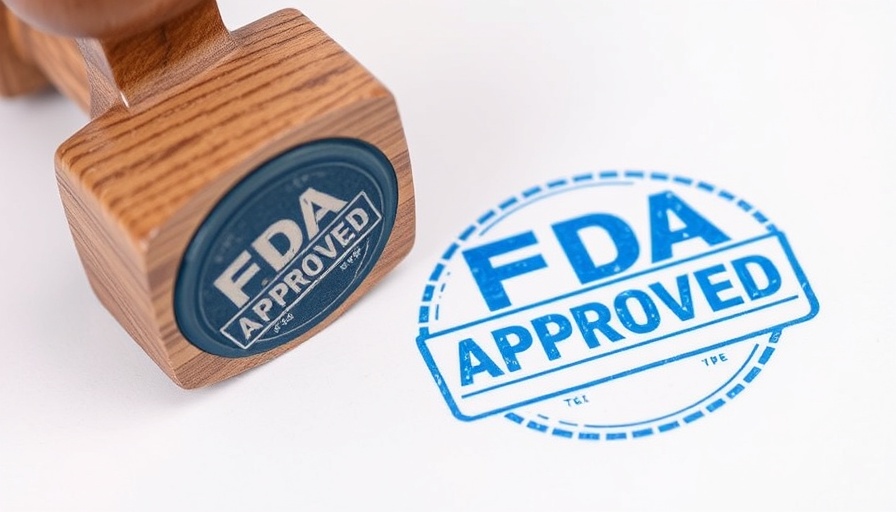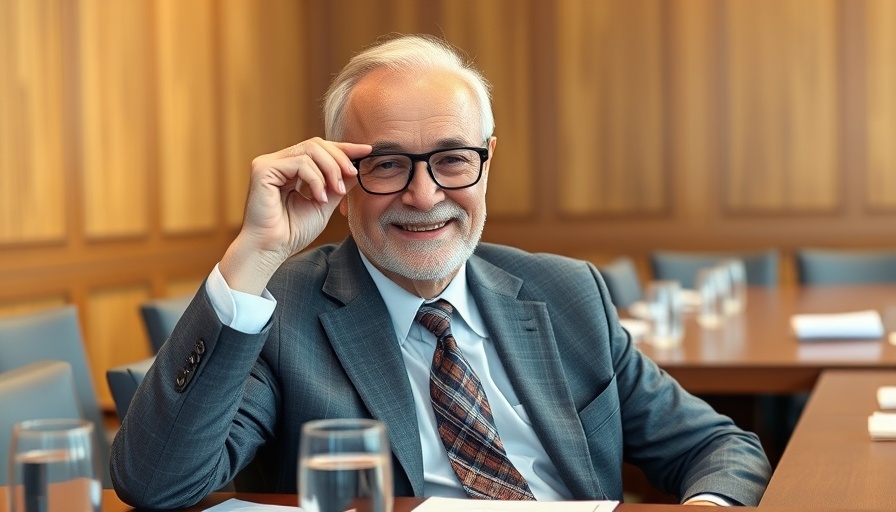
RFK Jr.'s Preventive Care Panel: A Missed Opportunity
The recent cancellation of a scheduled preventive care panel meeting led by Robert F. Kennedy Jr. has sparked considerable backlash from healthcare professionals and advocates for enhanced preventive medicine practices. This decision raises critical questions about the future of oversight and innovation in preventative healthcare, particularly as concierge medicine becomes increasingly popular among affluent patients seeking tailored health services.
Understanding the Importance of Preventive Care
Preventive care is a cornerstone of health maintenance, focusing on early detection and intervention to avert more severe health complications down the line. Its vital role in reducing long-term healthcare costs and improving population health should not be underestimated. In concierge medicine, which operates on a model prioritizing patient-centered care, the commitment to preventive services is often a key selling point for practices trying to distinguish themselves from traditional doctors' offices.
The Backlash: Concerns from the Medical Community
The cancellation of the panel has not only disappointed advocates of preventive care but also raised alarms among medical professionals who fear a sliding scale of oversight in healthcare practices. Many practitioners worry that without a definitive direction from influential leaders, such as Kennedy, preventive care may lose momentum, leaving practices like theirs to fend for themselves in navigating the complex healthcare landscape.
A Parallel Perspective: Other Public Health Initiatives
To illustrate, consider the recent initiatives aimed at broadening access to preventive services across various healthcare models, such as the ACA’s emphasis on making preventive care free of charge. The initiative has garnered success yet also faces similar challenges of oversight and adaptive response among diverse healthcare models, including concierge practices. When high-profile figures backtrack on commitments such as preventive care panels, it creates ripple effects that can result in hesitancy and lack of advocacy in related medical fields.
Future Predictions: What Lies Ahead
Looking ahead, one might speculate that the future of preventive healthcare depends heavily on continued advocacy and the evolving role of public figures who can influence healthcare policies. As concierge medical practices aim to grow and solidify their standing, they must actively engage patients and the community about preventive care’s benefits. This advocacy will likely become more essential as the healthcare landscape continues to evolve, potentially leading to larger systemic changes.
Creating Conversations for Change
Concierge practice owners have the opportunity to leverage current events such as RFK Jr.'s cancellation to galvanize patient interest and rally support for preventive services. As trusted medical professionals, they can educate their patients on the significance of consistent preventive care, while simultaneously building their practices' reputation as community leaders in health advocacy.
Conclusion: Take Action for Your Practice
In light of recent developments, it is crucial for concierge medical practice owners to not only advocate for preventive care but also to create a dialogue around its importance. Encourage your patients to be pro-active about their health and take steps toward preventive measures, reinforcing your practice’s reputation as a committed and knowledgeable partner in their healthcare journey. Engage in social media campaigns, host community health events, or offer seminars focused on preventive care techniques—these initiatives can not only attract new patients but also strengthen relationships with existing ones.
 Add Row
Add Row  Add
Add 






Write A Comment